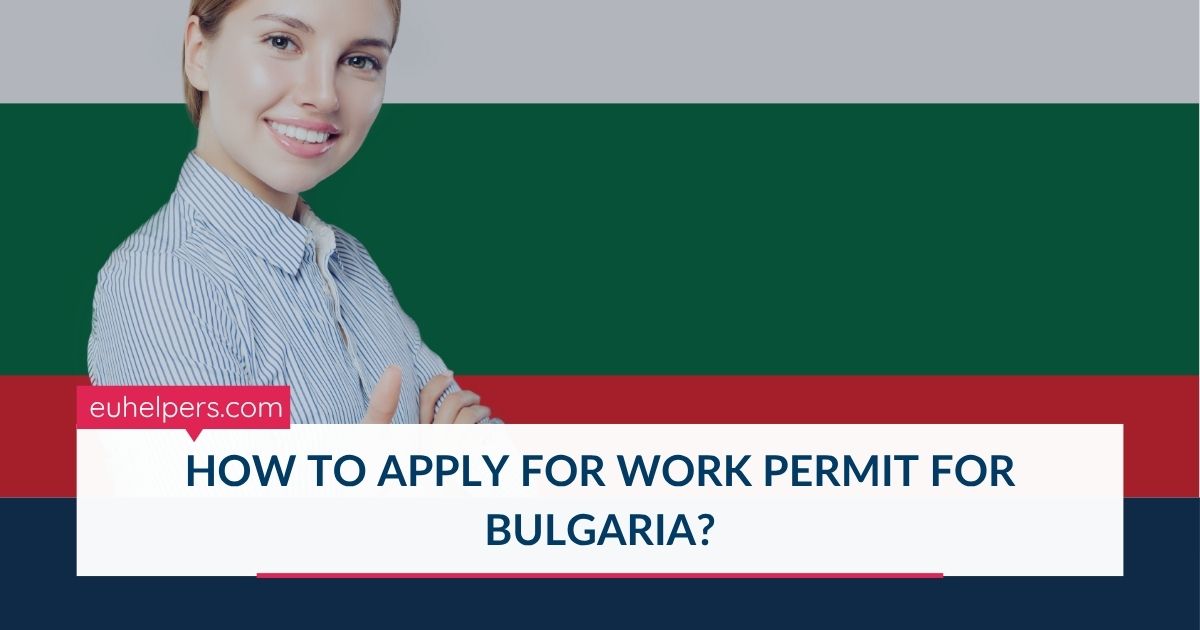For international professionals seeking employment in Bulgaria, obtaining a work permit is a crucial step in the relocation process. As of 2025, this process is typically initiated by the Bulgarian employer, who must apply to the Bulgarian National Employment Agency (NEA) on behalf of the foreign employee. The journey involves several key stages—from a labor market test to securing a Type D visa and ultimately receiving a residence permit. Below is a comprehensive overview of the steps involved.
1. Labor Market Test and Employer Application
The first requirement in the work permit process is a labor market test. This ensures that there are no suitable Bulgarian or EU/EEA candidates available for the job.
-
The employer conducts the test by advertising the position locally.
-
If no eligible local candidates are found, the employer can proceed to submit a work permit application to the local branch of the Bulgarian National Employment Agency (NEA).
2. Submission of Required Documents
When applying for a work permit, the employer must gather and submit a set of important documents, including:
-
A formal job offer for the foreign employee.
-
Proof of the employee’s qualifications, such as academic diplomas, certifications, and relevant work experience.
-
A copy of the employment contract signed by both parties.
-
Documentation demonstrating the results of the labor market test, verifying the absence of suitable local candidates.
3. Work Permit Approval and Type D Visa Application
Once the NEA reviews and approves the application:
-
The employer forwards the approval to the international employee.
-
The employee then applies for a Type D long-stay visa at the Bulgarian embassy or consulate in their home country.
-
This step may include an in-person interview and the submission of additional personal documentation.
4. Arrival in Bulgaria and Residence Permit Application
With the Type D visa granted, the employee can enter Bulgaria. Within 90 days of arrival, the next step is to:
-
Apply for a residence permit at the Migration Directorate of the Ministry of Interior (MoI).
-
This permit allows the employee to reside legally in Bulgaria while working under the terms of the approved employment.
Important Notes for 2025 Applicants:
-
The Bulgarian National Employment Agency (NEA) typically processes work permit applications within 30 calendar days.
-
The Type D visa process may vary slightly depending on the applicant’s country of origin and embassy procedures.
-
It is essential that both the employer and employee understand and follow the official guidelines provided by the Bulgarian NEA and the Ministry of Foreign Affairs, as missing documentation or errors can delay the process.
Securing a work permit for Bulgaria involves a collaborative effort between the employer and the international employee. With proper preparation and adherence to the official requirements, the process is relatively straightforward. As Bulgaria continues to grow as a hub for international business and tech talent, the streamlined work permit procedure opens the door for skilled professionals from around the world to live and work in this dynamic European nation.

